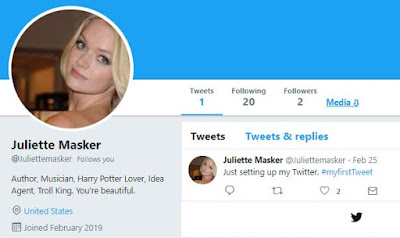The Next Miami Operation WireWire Case: Alfredo Veloso
In June of 2018, we blogged about a series of cases that the Department of Justice announced as "Operation: WireWire." In particular, we wrote three pieces about the "South Florida Cases" where a Lebanese recruiter convinced people to set up shell companies, open bank accounts, and receive large wire transfers that were quickly sent overseas. (See Operation WireWire: The South Florida Cases -- Part 1 , Part 2 , and Part 3 .) Some of the earlier cases included US v. Eliot Pereira et al; US v. Gustavo Gomez et al; and US v. Cynthia Rodriguez et al. So far, at least 250 shell corporations in South Florida have been identified that can all be linked back to the Roda Taher Money Laundering Network. Those recruited communicated with Roda Taher, who was known as Rezi or Ressi, via WhatsApp and Email, including the gmail account "rezimarket@gmail.com." On April 30, 2019, DOJ announced another related guilty plea. This time three more related cases are lin




